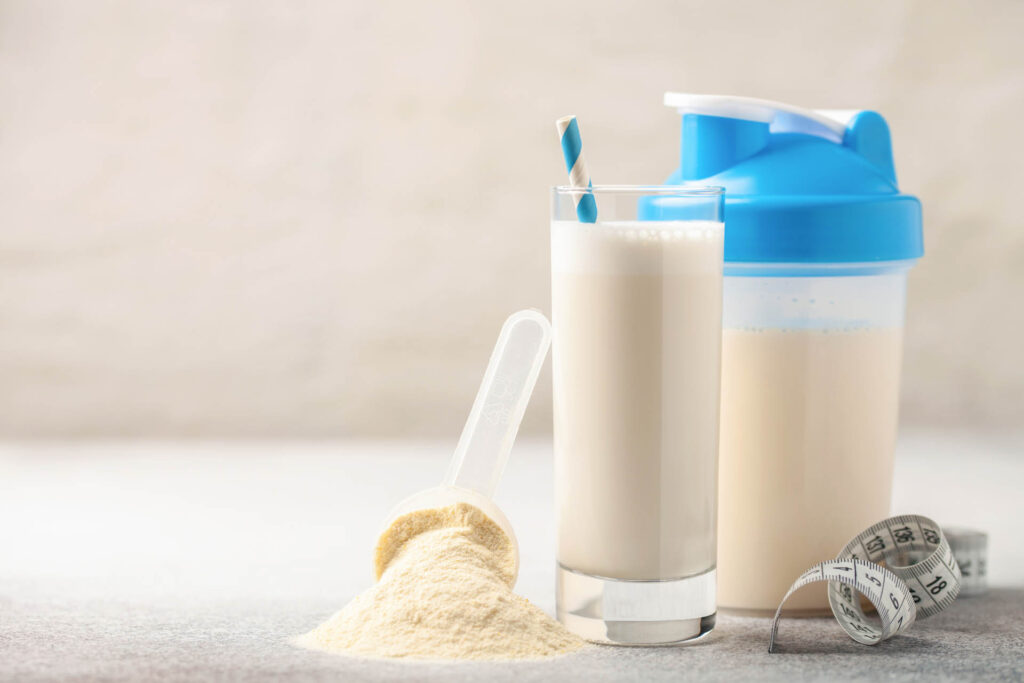Having a child can be a magical time, but it also brings many changes to an individual’s life. The rigours of parenting a newborn baby can sometimes be tough to be bare. Having very little sleep and all the responsibilities of early motherhood can contribute to developing issues with mental health, otherwise known as postpartum depression (PPD). In this blog, we’ll outline several ways you can help someone struggling with postpartum depression.

What is Postpartum Depression?
Postpartum Depression or PPD is a depressive disorder that can develop in a patient over a year in the weeks and months following a child’s birth. And while many factors can cause PPD, here are some of the symptoms you should be watching for in yourself or your partner:
But what helps postpartum depression? If this sounds like you or someone you know, they may be dealing with postpartum depression, you should seek advice from your family doctor or another physician at your earliest convenience. And if you want to give yourself the best chance of preventing PPD in yourself or your partner, there are a few lifestyle changes you make to set yourself up for success.
1. Schedule regular exercise
Are you wondering how to help someone with postpartum depression? Exercise works as an antidepressant against PPD. Some scientists say activities as simple as going for a daily walk with your baby in the stroller can be sufficient enough for your body to benefit. Walking gets your blood pumping and exposes you to some fresh air.
Outside of PPD, walking in general has been found as a good way to stave off many forms of depression and mental illness. Even if you can just find 10 minutes a day to do some light exercise, you’ll be doing yourself an important favour.


2. Stick to a healthy diet
Dealing with postpartum depression and targeting diet alone isn’t the only determining factor in the likelihood of developing PPD. But it’s still a good idea to prioritize clean eating, meal planning, and eating healthy snacks.
Apple slices, peanut butter, and chopped carrots are a few classic staples that work well with someone who lives an “on-the-go” lifestyle. Feeling good about your body and what you’re putting in it, along with getting the right nutrients, can give you the tools to hopefully fight off the onset of PPD.
3. Find time for yourself
As a new mom, you have a mountain of responsibilities to attend to other kids perhaps, taking care of the home — and all this while being expected to breastfeed on the couch for many hours each day. Make sure you enlist the help of others to help you free up some time — whether that’s putting your partner in charge of everything for an afternoon or taking your mother-in-law up on her offer to babysit.
Scheduling some much-needed “me time” is going to be crucial in the initial weeks and months after welcoming your new baby. So, whatever your favourite thing to do is, whether it’s getting a massage or meeting up with some friends for a coffee, make it happen and make it a priority. Postpartum depression self-care is so important.


4. Prioritize rest
It might get annoying to hear people who keep saying “Sleep when the baby sleeps,” but it might be the best advice you get after the delivery. An insufficient amount of sleep correlates to higher rates of postpartum depression.
If you are getting less than four hours of sleep every night or less than 60 minutes of napping time during the day, you’re putting yourself at a higher risk of developing PPD. If you’re having a hard time getting sleep, consider putting some breast milk in a bottle so that your partner can take a turn with those multiple nighttime feedings.
5. Fish oil can help
Another natural way to fight the chance of developing PPD is to increase your intake of omega-3 fatty acids such as the desirable DHA. In one study, scientists observed that higher levels of DHA meant lower rates of postpartum depression.
Incorporating more seafood into your diet is a quick way to increase your intake of fatty acids. Alternatively, you can get the same boost from flaxseed oil or supplements available at your local pharmacy or grocery outlet.


6. Consider breastfeeding
Some research studies have concluded that breastfeeding your new baby may reduce the likelihood of developing PPD, perhaps even as long as up to four months after your child’s birth.
However, new parents should also be aware of a condition where breastfeeding can trigger feelings of anger, agitation, or sadness for several minutes after feeding. But there is no wrong answer when it comes to feeding your child.
7. Socializing is important
If you think that you’re living with PPD, it’s important to find and embrace your support network immediately. Depression can make it seem easier to shut others out and hide away in our homes — but what you need right now more than anything else is human connection and a chance to socialize. Millions of mothers go through the same thing, and there are many out there willing to share their experiences.
Scientists even detected lower levels of depression in a study of new mothers who regularly spoke with past sufferers of PPD. Finding a group of supportive mothers who can help you with any questions or concerns about basic childcare and balancing your family life is crucial for your mental health.

Contact Us
If you think that you or your partner is dealing with the difficult realities brought on by postpartum depression, talk to a doctor and consult your friends at Newmarket Health & Wellness Centre. When you know someone suffering from postpartum depression, it can be difficult not knowing how to help.
Our caring staff members can give you access to health information and help you create a plan for prevention or a road to recovery and how to cope with postpartum depression. We take care of all injuries — physical and mental — because both are equally important to the health and happiness of all our patients. Contact us now to book your first appointment and find out how we can make you feel better today.


